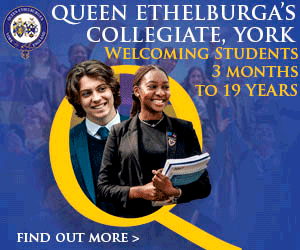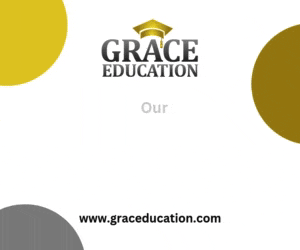How To Recognise Eyesight Problems In Your Child
Having good eyesight is essential when it comes to education. If your child’s vision is suffering, their school work will probably suffer too. Having issues with vision can be common among school-aged children, and if left untreated this can lead to major problems not only in school work but also with hobbies and social activities. If they can’t really see or understand what they are doing children may retreat from things they have previously enjoyed or fall behind in their studies through no fault of their own.
As parents it is our job to make sure our children’s vision is taken care of - but how do you know if your child is having problems? Here are some signs to look out for:
- Complaining of headaches regularly. While headaches can be caused by numerous things, if your child gets headaches a lot - especially if they seem to disappear during school holidays when they are not required to do so much reading and concentrating - it’s a good idea to take them to the optician.
- Sitting too close to the TV or holding a book very close to their face when reading. Many children will sit quite close to the television anyway, but if they are persistently doing this, it may be that they just can’t see the images well from the sofa.
- Holding their head to one side or squinting when looking at things far away. This is something to look out for as it’s something we all do unconsciously to help us to focus our vision.
- Often losing their place while reading. This could be a concentration issue, but it is worth having their eyes tested to make sure it’s not that they find it hard to see the words.
- Sensitivity to light and/or excessively teary eyes. Often when we’re having problems seeing things, the light in our environment can have an affect.
- Complains that using the computer hurts their eyes. Children will often jump at the chance to use a computer and have some fun, so if your child avoids this it can be a telltale sign that something is wrong.
- Misbehaving in classes. It doesn’t sound like there’s an obvious link here, but many children, when finding it hard to see the board at the front of the class, will lose concentration easily and find themselves misbehaving. They may also become frustrated with their inability to see what others seem to have no problem seeing.
- Poor hand-eye coordination. This can happen when a child’s vision is not great and they can’t perceive depth very well.
- Moving their head back and forth instead of moving their eyes. If a child is having problems with their vision they will often opt to keep their eyes in a fixed position and follow words on a page by moving their head instead.
- Double vision - they may not be able to express this clearly so you may need to ask, "do you see two of these?”
- Appearing clumsy, often bumping into things or tripping over. This is something that can often happen in the teen years anyway, but a child of any age who is having problems with eyesight may misjudge things like steps or placement of objects around them.
In the UK children are entitled to free eye tests, so if you have any concerns it is always worth booking an appointment with your local optician.






